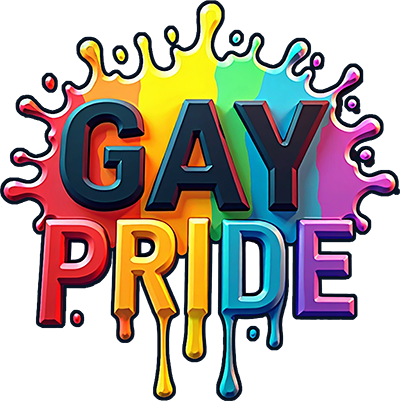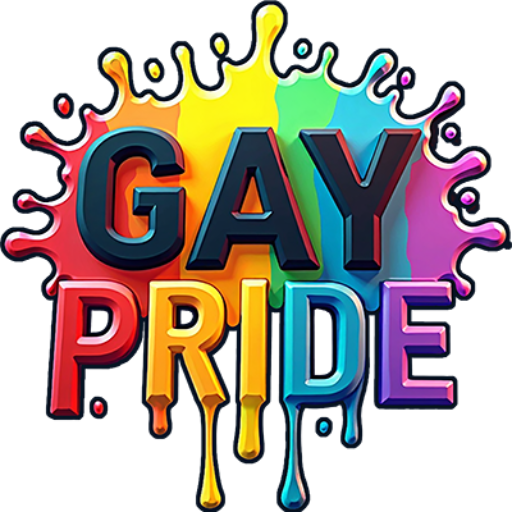Building Strong LGBTQ Relationships: A Comprehensive Guide
In today’s diverse and dynamic world, building strong relationships is essential, especially within the LGBTQ community. These relationships often face unique challenges but also offer incredible opportunities for growth and connection. Whether you’re part of the LGBTQ community or an ally looking to support your friends, this guide is for you. Let’s explore the key elements that contribute to thriving LGBTQ relationships.
Table of Contents
1. Understanding Unique Challenges
2. Communication is Key
3. Embracing Identity and Diversity
4. Building a Supportive Community
5. Nurturing Emotional Intimacy
6. Conclusion
7. FAQ
Understanding Unique Challenges 🌈
Every relationship has its hurdles, yet LGBTQ relationships often encounter distinctive challenges. From societal pressures to internalized biases, understanding these elements is crucial.
Discrimination and prejudice can strain relationships. Whether it’s from society or family, these external factors can create stress and anxiety. It’s important to acknowledge these challenges openly and work together to overcome them.
Communication is Key 🗣️
Open and honest communication is the bedrock of any healthy relationship. For LGBTQ couples, discussing topics like coming out, sexual orientation, and gender identity is vital.
Here are some tips to foster better communication:
– Listen actively and empathetically.
– Speak openly about your feelings and concerns.
– Establish boundaries and respect them.
– Use “I” statements to express yourself without blaming your partner.
Embracing Identity and Diversity 🌍
One of the most beautiful aspects of LGBTQ relationships is the diversity of experiences and identities. Embracing this diversity can strengthen your relationship.
Celebrate each other’s identities by:
– Learning about each other’s backgrounds and cultures.
– Attending LGBTQ events and pride parades together.
– Educating yourselves on LGBTQ history and rights.
– Supporting each other’s personal journeys and self-expression.
Building a Supportive Community 🤝
Having a strong support network is invaluable for LGBTQ relationships. Friends, family, and community organizations can offer encouragement and understanding.
Steps to build a supportive community include:
– Joining LGBTQ groups and clubs.
– Volunteering for LGBTQ causes.
– Connecting with other LGBTQ couples.
– Seeking out mentors and role models.
Nurturing Emotional Intimacy 💞
Emotional intimacy is the glue that holds relationships together. For LGBTQ couples, this means creating a safe space where both partners feel valued and understood.
Ways to nurture emotional intimacy:
– Share your dreams and fears.
– Practice vulnerability and trust.
– Spend quality time together without distractions.
– Celebrate each other’s achievements and milestones.
Conclusion
Building strong LGBTQ relationships requires effort, understanding, and love. By embracing diversity, fostering open communication, and creating supportive communities, you can forge lasting connections that enrich your life. Remember, every relationship is unique, and your journey together is yours to define.
FAQ
1. How can we handle family disapproval?
Communication is key. Have open discussions with family members and try to educate them. Seek support from friends and LGBTQ-friendly counselors if needed.
2. What if my partner is not out yet?
Be patient and supportive. Coming out is a personal decision. Encourage your partner to take their time and provide reassurance that you’re there for them.
3. How do we deal with societal prejudice?
Build a strong community around you that supports your relationship. Stay informed about LGBTQ rights and consider joining advocacy groups to make a difference.
4. How can we maintain a long-distance LGBTQ relationship?
Prioritize communication and set regular video calls. Plan visits whenever possible and engage in activities that you both enjoy, even from a distance.
5. What resources are available for LGBTQ couples?
There are numerous resources available, including LGBTQ support groups, counseling services, online forums, and books dedicated to LGBTQ relationships and issues.

